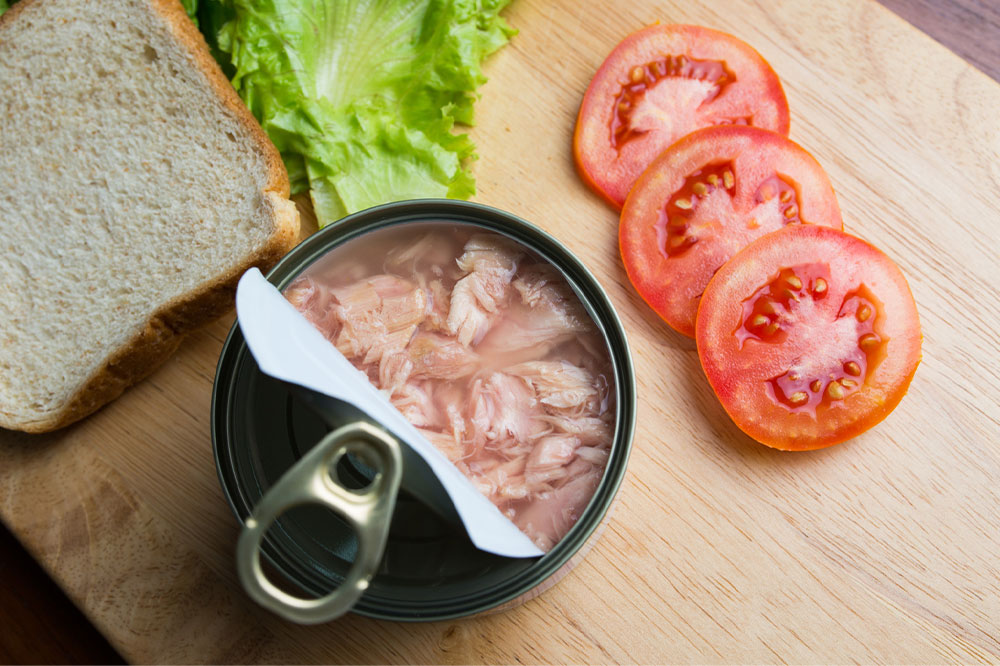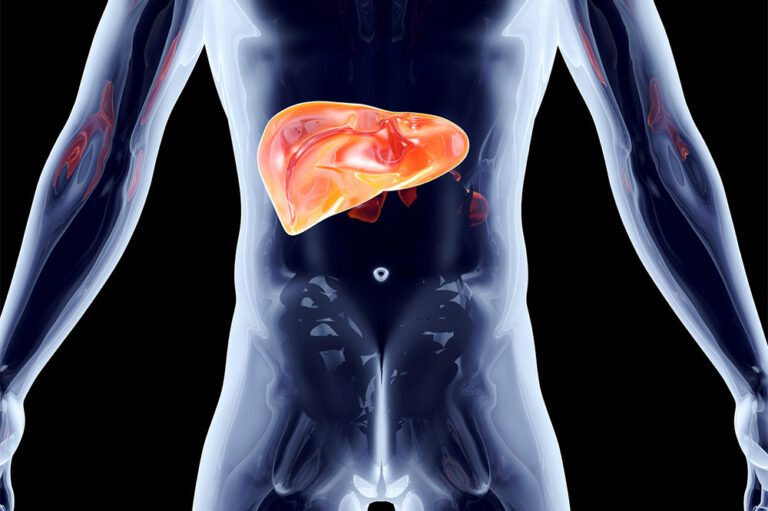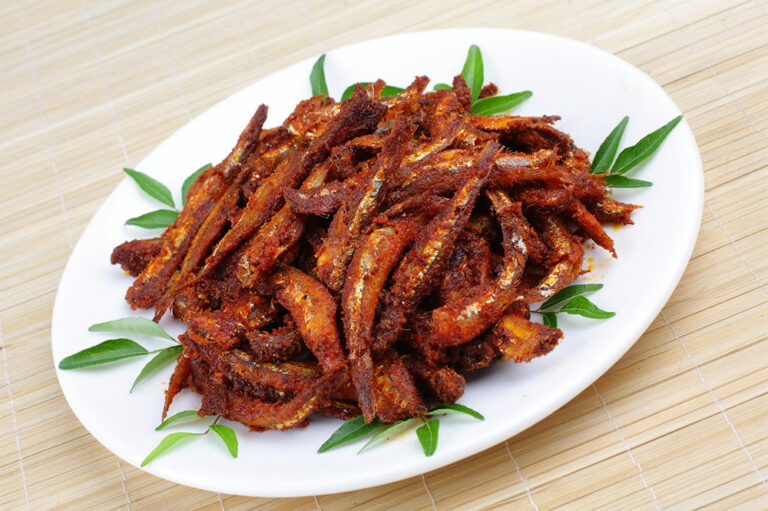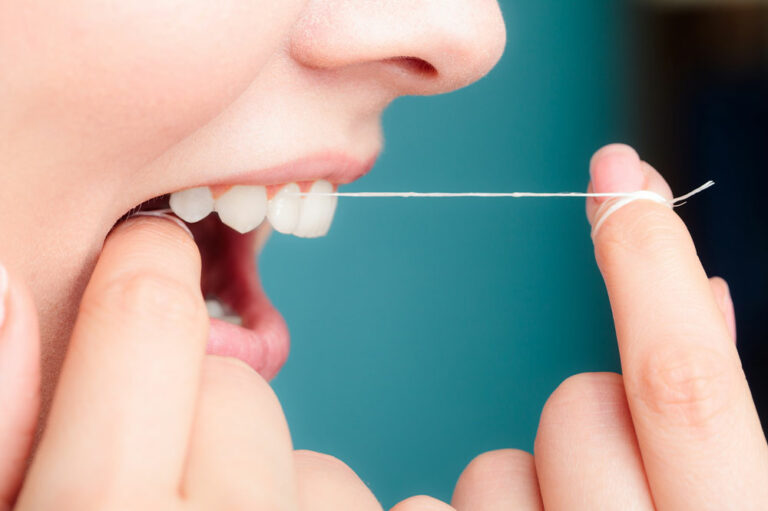
7 food sources that adversely impact hearing
Organs in the body rely on a delicate balance of nutritional food intake and supplements to support peak performance. Sensory organs, especially the ears, are at a high risk of losing optimal function due to certain changes in daily foods and beverages. Some foods may not directly impact or trigger hearing loss. But deficiencies can certainly increase the risk of health complications that eventually affect hearing. Here are seven food sources that negatively influence hearing abilities.
Foods rich in sodium
Smoked, canned, and frozen cuts of meat, processed or prepackaged breads, grains, snacks, chips, and all other condiments used in cooking are all rich in sodium. Research shows that excess sodium intake increases blood pressure, restricts blood vessels, and lowers the blood flow to the cochlea (the part that converts sound into nerve impulses). These symptoms increase the risk of hearing loss associated with tinnitus and Meniere’s disease.
Processed foods
Salty chips, fried foods, ready-to-eat meals, packaged snacks, tinned vegetables, microwavable recipes, cakes, biscuits, and bread are commonly consumed as processed foods. These are loaded with saturated fats, trans fats, additives, artificial flavorings, colorings, and preservatives. Studies show excess intake of processed foods can lower hearing efficiency by 39% among adults.
Foods rich in refined sugar
Candies, cookies, pastries, pies, baked goods, confectionaries, sweet rolls, desserts, and even soft drinks are all foods and beverages that contain refined sugars. Intake of excess sugar increases the risk of diabetes and triggers an imbalance in blood glucose levels. Studies show how high blood sugar can damage the blood vessels and nerves inside the ear. Due to this damage, the brain will not be able to send and receive signals efficiently, causing impairment in hearing abilities.
Gluten rich foods
Gluten is a natural protein found in common grains like wheat, barley, and rye. These grains are used for baking breads, making pastas, cereals, and several other baked foods. However, people with gluten intolerance cannot digest this protein and, as a result, develop a reaction. Gluten intolerance triggers swelling, congestion, and fluid buildup in the ears, triggering temporary hearing loss.
Refined carbohydrates
White bread, pasta, pizza dough, pastries, white flour, white rice, and many types of sweet desserts are foods rich in refined carbohydrates. This imbalance can cause insulin resistance to affect the blood vessels in the ear. High insulin levels also affect the way sound is processed and converted into electrical signals for the brain to process. The risk is elevated with existing ear problems, including tinnitus and Meniere’s disease.
Fatty meats
Deli meat cuts like sausages, bacon, salami, and hot dogs are laced with additives and preservatives to improve shelf life. Further, curing, salting, and smoking regular cuts of beef, pork, and lamb increase the risk of diseases that affect blood pressure and blood sugar levels. This, in turn, increases the risk of hearing impairment triggered by associated symptoms of such health complications.
Dairy products
Dairy intake does not directly impact hearing. However, it is advisable to cut back on full-fat milk, heavy cream cheese, and other processed cheese or dairy products bought off the shelves in the supermarket. Including such fatty foods and beverages in daily meals increases body mass index (BMI). Several studies indicate an unhealthy increase in BMI increases the risk of hearing loss by 25% among adults.












